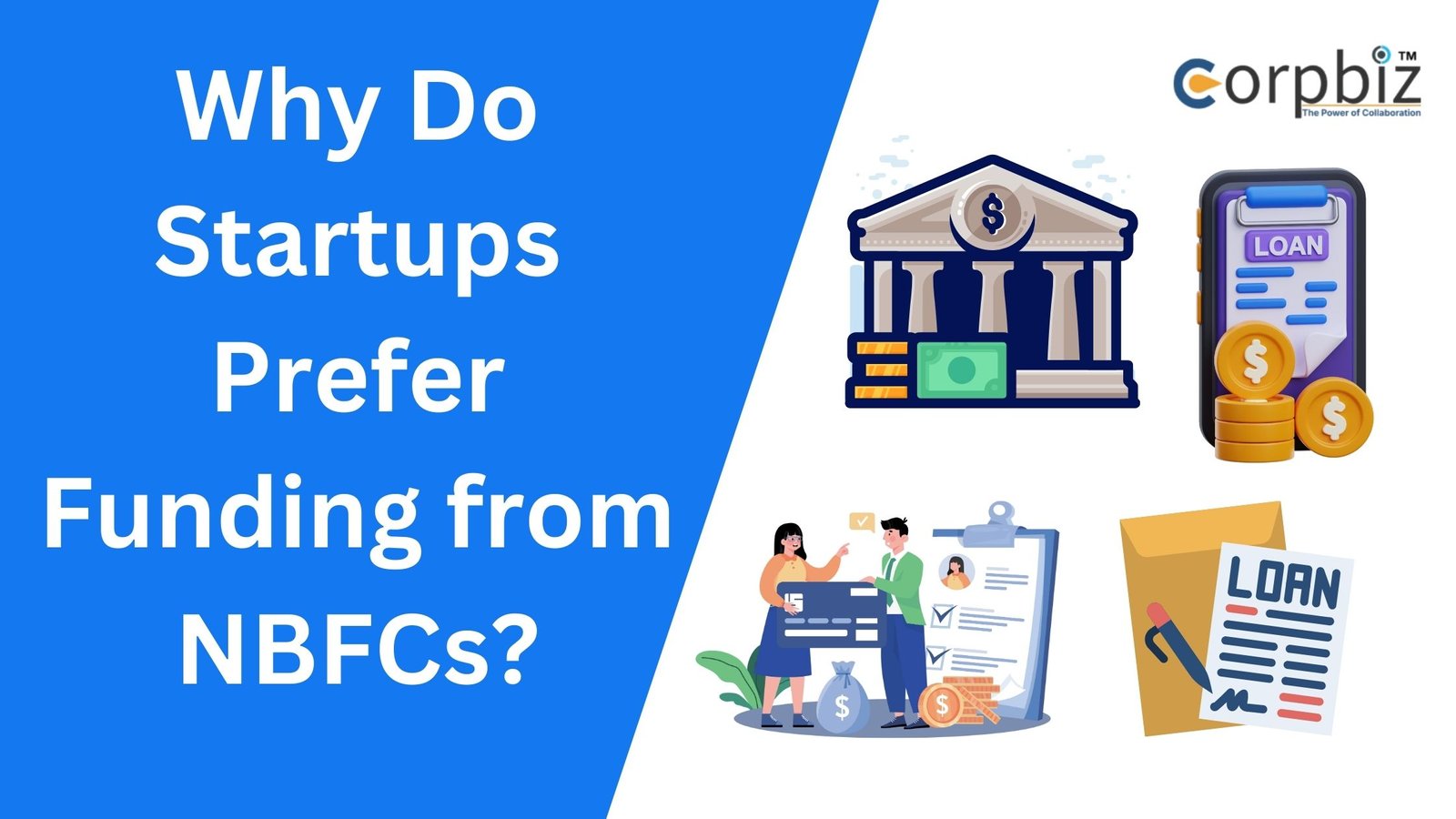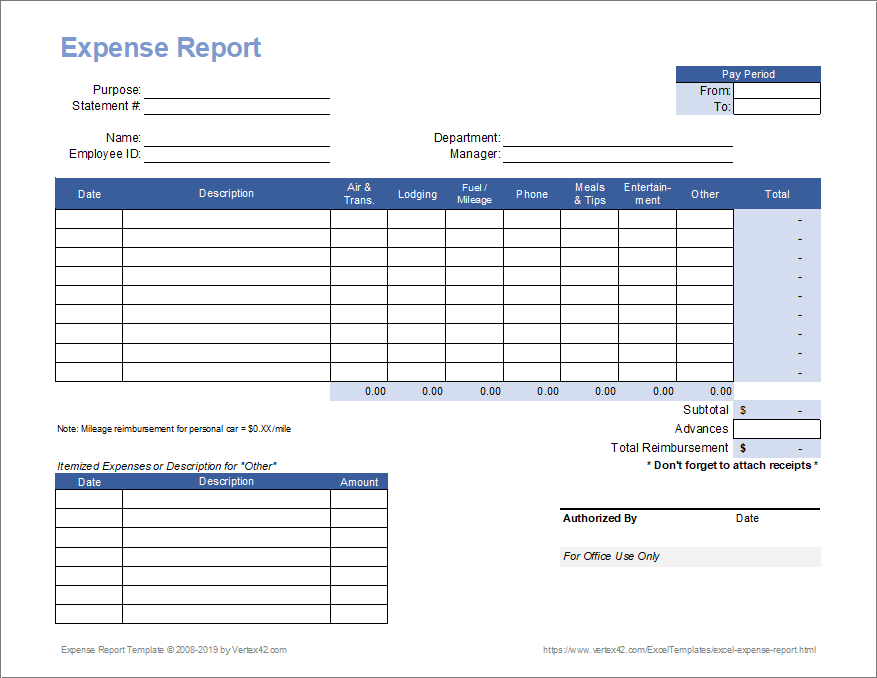In India’s fast-growing startup ecosystem, funding is the fuel that powers ideas into businesses. While banks have traditionally been the go-to source for loans, many startups today are turning towards Non-Banking Financial Companies (NBFCs) for financial support.
NBFCs have emerged as flexible, fast, and innovative lenders that understand the unique needs of budding entrepreneurs. In this blog, we’ll explore why startups prefer funding from NBFCs, how NBFC licensing works, and the role of new-age financial tools like the RBI Account Aggregator license, P2P lending license, and PPI license in shaping this trend.
1. Quick and Flexible Loan Approvals
One of the biggest challenges for startups is getting timely funding. Traditional banks usually require long credit histories, collateral, and lengthy paperwork, which many new businesses can’t provide. NBFCs, on the other hand, are known for:
- Faster processing times
- Simplified documentation
- More flexible eligibility criteria
This speed can make all the difference for a startup trying to seize a market opportunity.
2. Customized Financial Products for Startups
Startups often have unique funding needs, whether for technology development, marketing campaigns, or scaling operations. NBFCs tend to offer tailored loan structures such as:
- Short-term working capital loans
- Revenue-based financing
- Equipment financing
- Bridge loans for urgent needs
This adaptability helps startups secure the right kind of funding for their specific stage of growth.
3. Lesser Collateral Requirements
Many NBFCs are open to offering unsecured loans or relying on business potential rather than just collateral. This is especially beneficial for first-time founders who may not have high-value assets to pledge.
4. Innovative Lending Models: The Role of Fintech
With the rise of financial technology, NBFCs have been quick to adopt innovative lending models. Many NBFCs operate in partnership with fintech platforms to provide funding through:
P2P Lending Platforms: Peer-to-peer lending connects borrowers directly with individual lenders. Startups can apply online for a P2P lending license if they want to operate such platforms.
Prepaid Payment Instruments (PPI): These are digital wallets or prepaid cards that facilitate payments. Companies can apply online for a PPI license to expand into digital financial services.
Account Aggregator System: NBFCs with an RBI Account Aggregator license can collect and share financial data securely with customer consent, improving loan assessment and approval speed.
These tools make funding more transparent, inclusive, and efficient.
5. Easier Access for New Businesses
Banks often consider startups as high-risk due to their limited operating history. NBFCs are more willing to take calculated risks and assess a startup’s potential based on business plans, market trends, and future growth rather than just past records.
6. Support for Unconventional Sectors
NBFCs are known to support businesses in sectors often ignored by banks—like innovative tech solutions, creative industries, and social enterprises. This makes them a natural ally for startups working in disruptive or emerging spaces.
7. Regulatory Clarity and Growth of NBFCs
NBFCs operate under the regulatory framework of the Reserve Bank of India (RBI). For an NBFC to function legally, it must complete NBFC registration with RBI. This process ensures compliance with capital adequacy norms, governance structures, and reporting requirements.
With the RBI’s recent efforts to strengthen the sector—like encouraging RBI Account Aggregator licenses—NBFCs have gained more credibility and trust in the market, making startups more confident in borrowing from them.
8. Opportunity for Startups to Become Lenders Too
Interestingly, startups can themselves become part of the NBFC ecosystem. For example:
- NBFC Registration with RBI allows a company to lend directly.
- P2P Lending License Apply Online helps create lending platforms.
- PPI License Apply Online supports launching fintech payment services.
- RBI Account Aggregator License enables secure financial data sharing services.
For fintech startups, these licenses open new business opportunities beyond just borrowing.
Corpbiz: Your Partner in NBFC Licensing and Compliance
Whether you’re a startup seeking funding from an NBFC or looking to become an NBFC yourself, the licensing process can be complex. At Corpbiz, we specialize in helping businesses navigate NBFC registration, P2P lending license applications, PPI license processes, and RBI Account Aggregator licensing.
Our experts ensure compliance with RBI norms and smooth handling of documentation, so you can focus on building your business while we take care of the legalities.
Conclusion
NBFCs have become the preferred funding source for startups because they are quicker, more flexible, and more willing to take risks than traditional banks. With innovative lending models, regulatory backing, and the rise of fintech tools like PPI, P2P lending, and account aggregation, NBFCs are not just lenders—they’re partners in growth.
For startups, this means more opportunities, faster access to funds, and a financial ecosystem that understands and supports their entrepreneurial journey.
FAQs on Startups and NBFC Funding
Q1. What is NBFC registration with RBI, and why is it important?
NBFC registration with RBI is the legal process by which a company becomes authorized to provide financial services like lending. It ensures the NBFC meets RBI’s compliance requirements, making it trustworthy for borrowers.
Q2. How can a startup benefit from an RBI Account Aggregator license?
An RBI Account Aggregator license allows a company to securely collect and share customer financial data with consent. This helps NBFCs assess loans faster and more accurately, which benefits startups seeking quick funding.
Q3. Can startups apply for a P2P lending license online?
Yes, startups can apply online for a P2P lending license to operate peer-to-peer lending platforms, connecting individual lenders with borrowers.
Q4. What is the process to apply for a PPI license online?
A PPI license application can be filed online with the RBI to offer prepaid instruments like wallets and prepaid cards. This is useful for fintech startups looking to expand into payment services.
Q5. Why do NBFCs prefer lending to startups compared to banks?
NBFCs often have more flexible eligibility criteria, faster processing times, and a higher risk appetite than banks, making them more startup-friendly.
Author: Atul Shukla
Atul Shukla is a senior business consultant at Corpbiz, specializing in financial licensing, compliance, and regulatory advisory. With years of experience in guiding startups and NBFCs, Atul is passionate about simplifying complex legal processes so entrepreneurs can focus on growth.
Read more: BIS Certification Penalties and Legal Consequences
















Leave a Reply